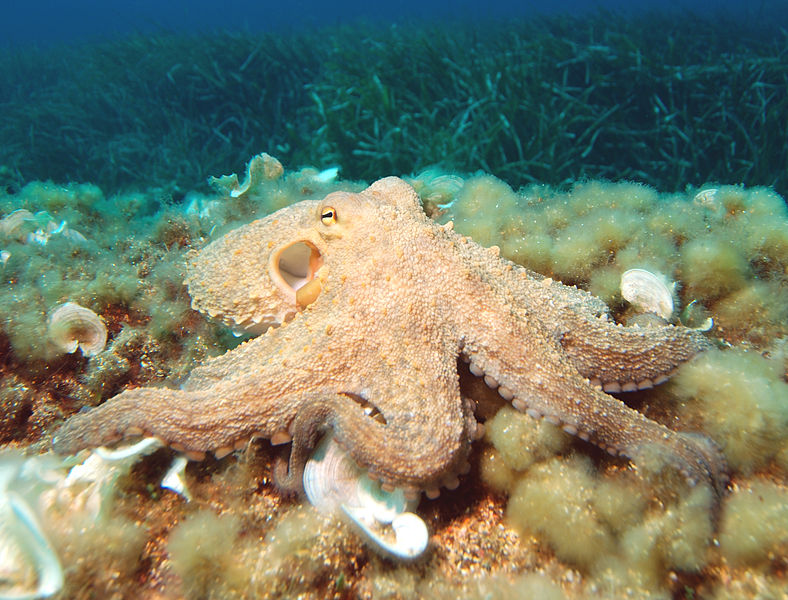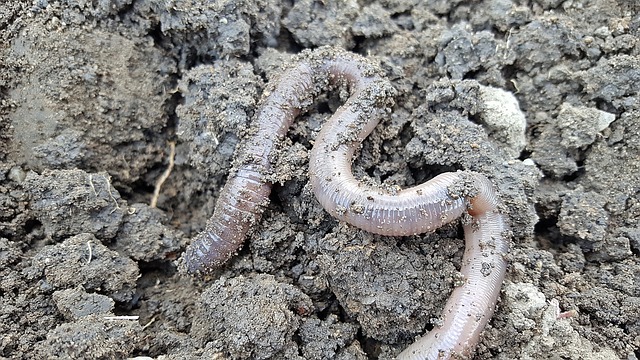Octopuses are known to be the most intelligent of all invertebrates (animals that lack a vertebral column or backbone).
Each of the octopus’s arms has a small cluster of nerve cells to control movement, so technically, it has eight independent mini-brains with a larger central brain.
As per a study conducted in 2020, these eight-limbed creatures are intelligent because octopuses and humans descended from the same primitive worm-like animal that lived 518 million years ago.
A new study says that this could be due to having brains like humans
The team of researchers led by systems biologist Nikolaus Rajewsky of the Max-Delbrück-Center for Molecular Medicine has found that octopuses possess a variety of gene regulators called microRNAs (miRNAs) in their neural tissue comparable to that of humans.
The findings suggest this RNA gene plays a fundamental role in developing complex brains.
Earlier, scientists had discovered that a lot of RNA editing occurs in cephalopods, a group of marine invertebrates that include octopuses, squids, and cuttlefish. That means they extensively use certain enzymes that can recode their RNA.
Rajewsky said, “This got me thinking that octopuses may not only be good at editing but could have other RNA tricks up their sleeve too”.
So, he collaborated with the Stazione Zoologica Anton Dohrn marine research station in Naples, which sent him samples of 18 different tissue types from dead octopuses. The team sequenced the RNA of these 18 samples. The sequencing provided a profile of the messenger RNAs and small RNAs therein.
The results were quite a surprise!
Rajewsky explained, “To give you an idea of the scale, oysters, which are also mollusks, have acquired just five new microRNA families since the last ancestors they shared with octopuses – while the octopuses have acquired 90!”







